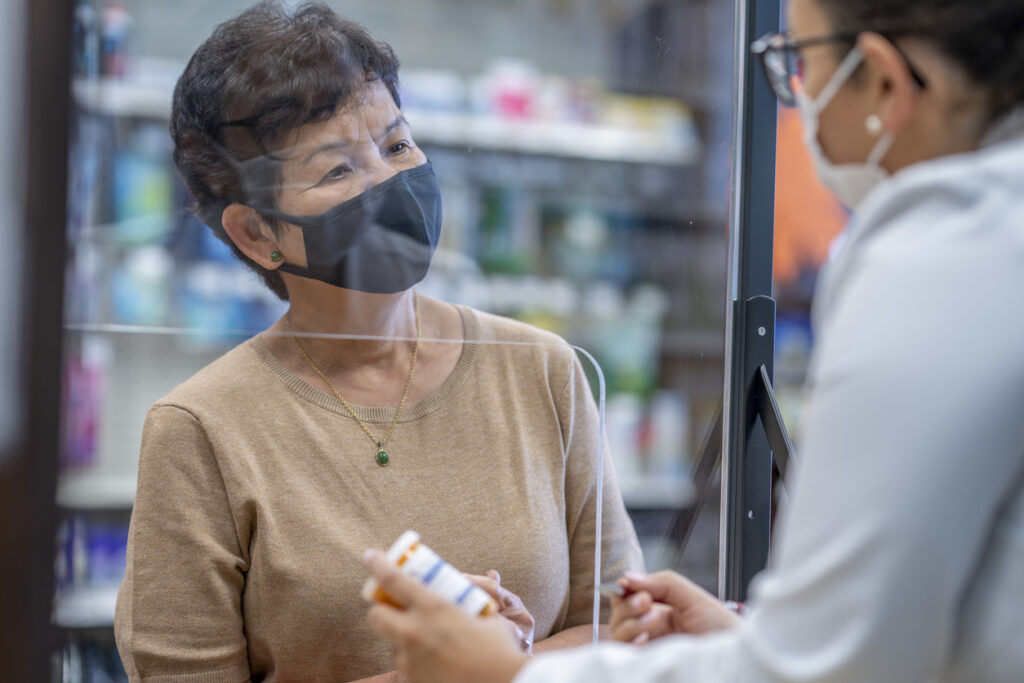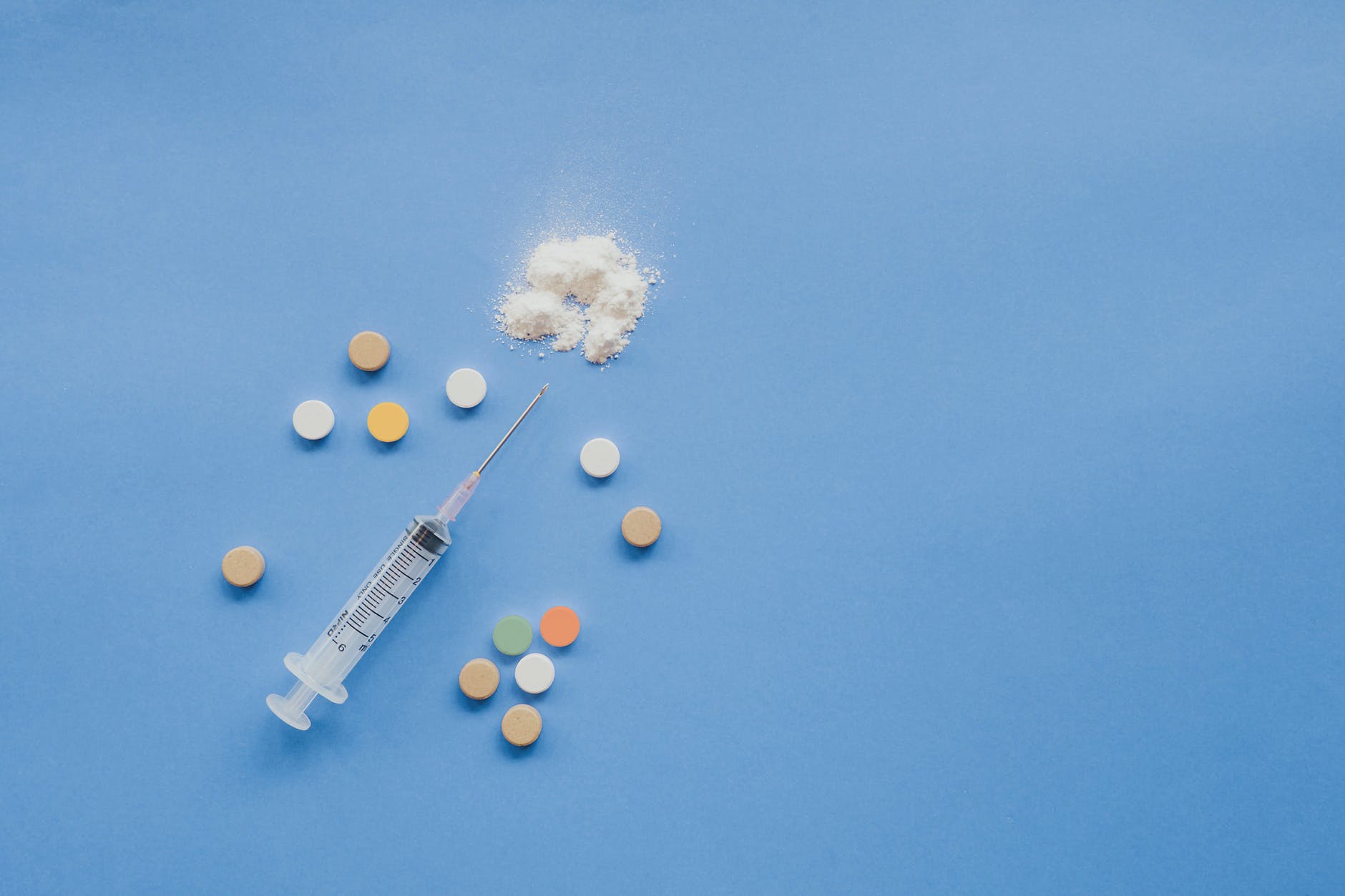Taking medications in higher doses or for reasons other than why they were prescribed can be a problem. Studies show that in 2020 around 41.5 million teenagers and adults abused prescription drugs. Certain prescription drugs can lead to addiction more than others. If your doctor prescribes these drugs, you must educate yourself and avoid becoming reliant on them.

Types of Drugs That Cause Addiction
The most addictive prescription drugs include:
Depressants
Central nervous system depressants help those suffering from panic attacks, anxiety, and sleeping disorders. They slow down brain activity, making patients feel calm and more relaxed. You might know these drugs as Xanax or Valium.
Opioids
Perhaps the most addictive of prescription drugs, opioids help those suffering from pain, excessive coughing, or diarrhea. They do this by attaching to receptors in the brain or the spinal cord and then blocking the pain. You might know the drugs as OxyContin, Vicodin, or Demerol.
Stimulants
Stimulants help treat patients who suffer from depression, narcolepsy, or attention deficit disorders. They accomplish this by increasing brain activity, so the patient is more alert and full of energy. You may know such drugs as Ritalin or Adderall.
Prescription Drug Addiction Symptoms
When someone suffers from prescription drug addiction, they’ll often exhibit:
- Mood swings
- Slurred speech
- Poor judgment
- Erratic behavior
Depending on the type of prescription drug involved, a person may also show the following indicators of abuse:
Depressants
- Difficulty walking or concentrating
- Slower reflexes
- Difficulty remembering
- Slower-than-normal breathing
Opioids
- Lightheadedness
- Slower-than-normal breathing
- Nausea, vomiting, and/or constipation
- Unsteadiness on their feet
- Depression
- Heightened anxiety
Stimulants
- Sudden drop in weight
- Lack of appetite
- Dizziness
- Headaches
- Trouble sleeping
- High blood pressure
- Erratic heart rate
- Paranoia and anxiety
How to Help
If your loved one is dealing with addiction, here’s what you can do to help.

Encourage Open, Honest Dialogue
People suffering from addiction and their loved ones feel enormous shame and avoid talking about it. They hope it will go away or improve on its own. Create a quiet, safe space where you discuss behaviors, worries, and concerns. Talk about it without judgment and as a healthcare issue.
You can also recommend a treatment facility and assure your loved one that you’ll be there for support along the way.
Don’t Give Up
Sometimes an addict needs time to realize that they need help. You may have to openly discuss this a few times, but know it’s the best road forward. It can take several conversations and “hitting bottom” before your loved one begins to accept what’s happening. Sometimes a professional intervention can help get through to the person in need.
Model Appropriate Behavior
At the right, eating, exercising, and getting enough sleep can manage chronic pain and other issues without needing medication. If you live these values, it can help loved ones feel encouraged to do the same. Buy healthy foods, invite your loved one to exercise, and plan events that help socialization.
Don’t Enable
If you lie to cover up what your loved one is doing, this enables them to continue doing it. You must establish boundaries and reinforce with them that their behaviors have consequences. This isn’t easy. In the short term, bailing them out of jail is much easier than holding them accountable. But accountability is necessary, along with treatment, if they’re ever going to improve and get better.
Treatment Options
Many prescription drugs can lead to addiction. The best way to treat prescription drug addiction is with supervised detox. With supervised detox, patients feel fewer withdrawal effects thanks to experienced clinicians and medical interventions when needed.

Reach out to the experts at Buena Vista Recovery about the proper addiction treatment for you or your loved one.
Buena Vista Recovery works with most insurance plans, including but not limited to Cigna, Magellan, Blue Cross Blue Shield, Humana, and Aetna, among others. On rare occasions, if a plan is not included in our network, our clinical outreach director will assist you in finding a placement that is in your network.
Learn more about insurance coverage and begin your journey to recovery now.





